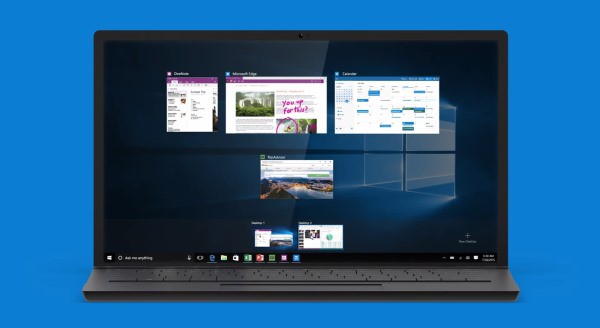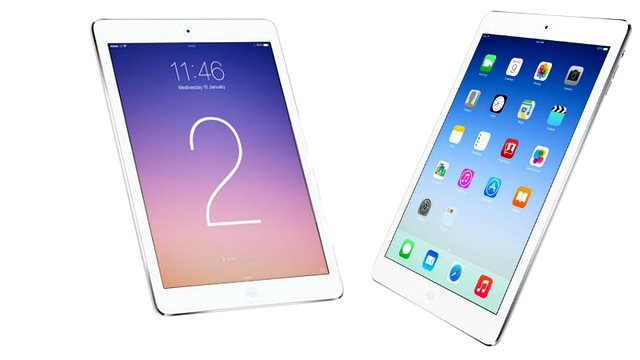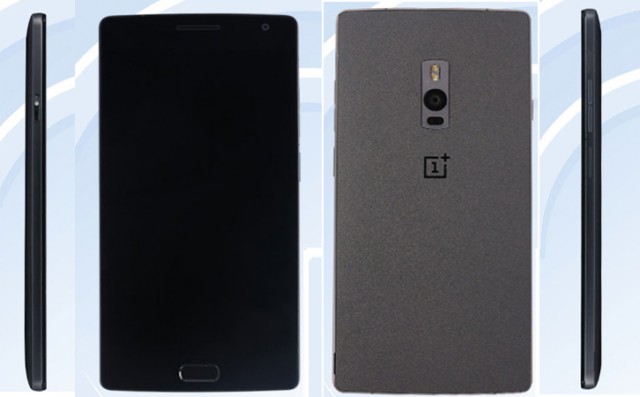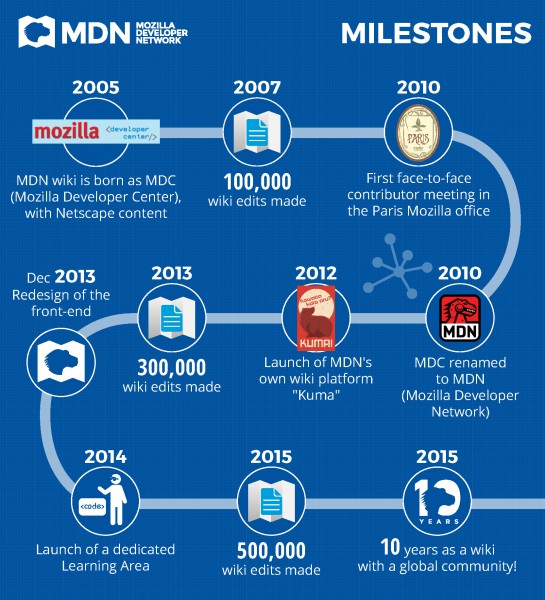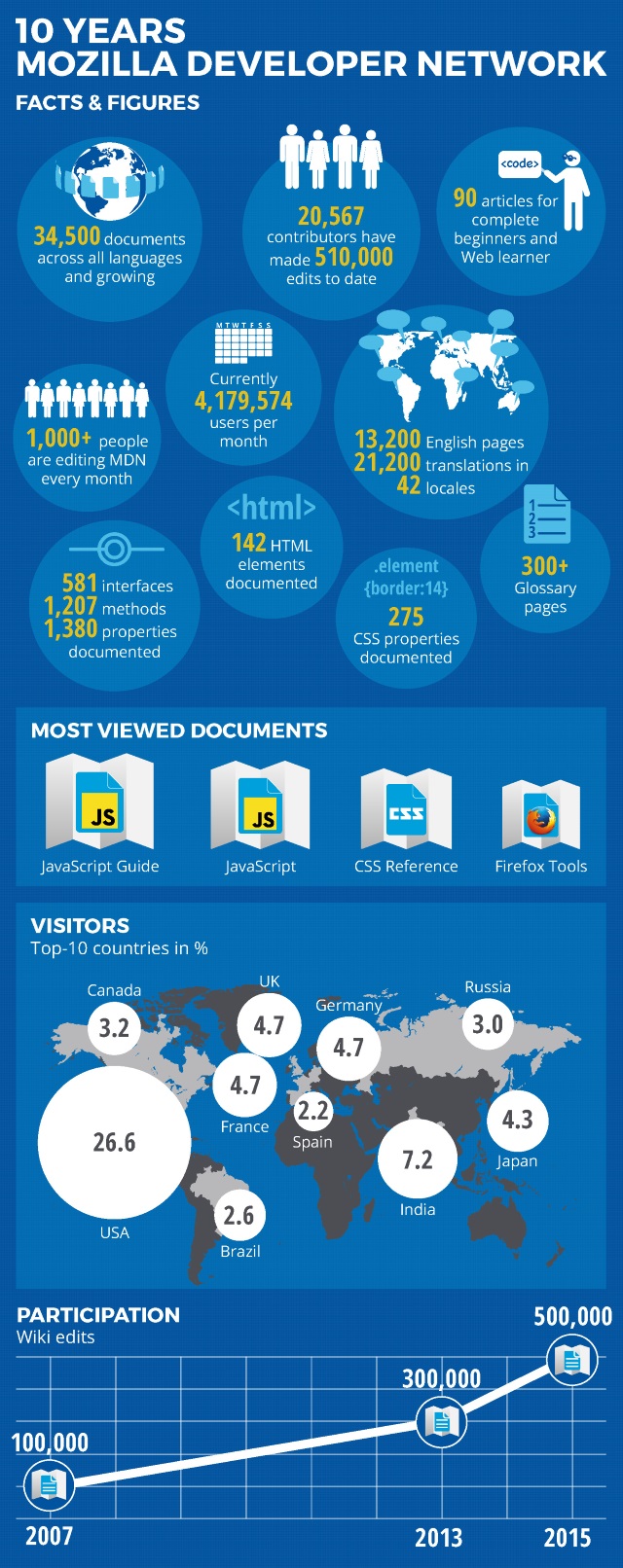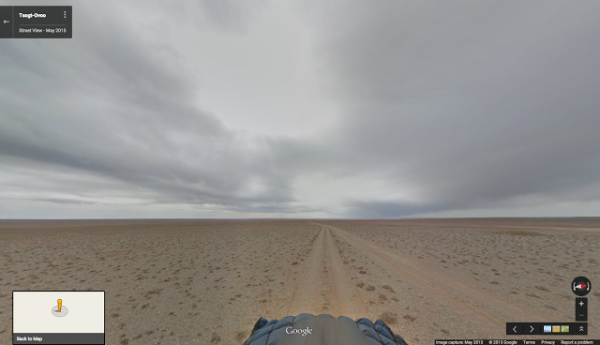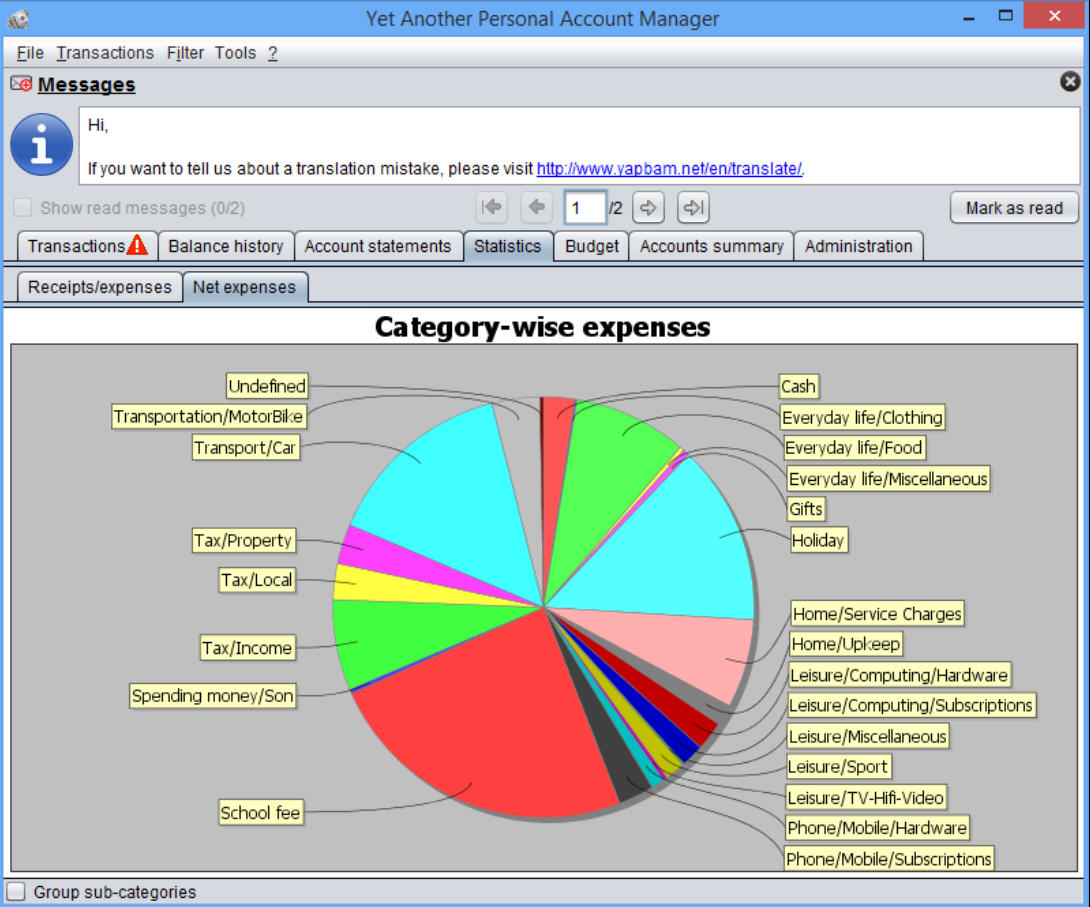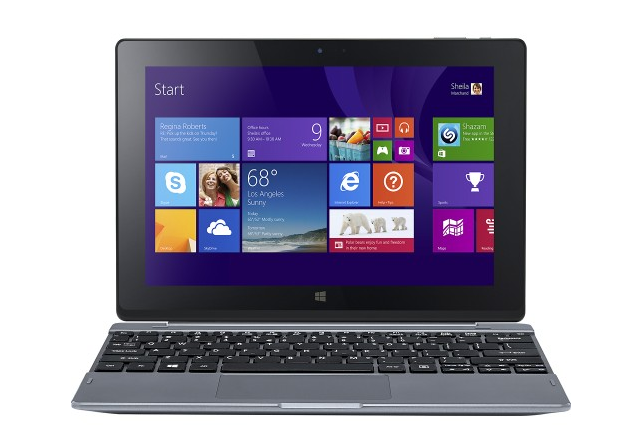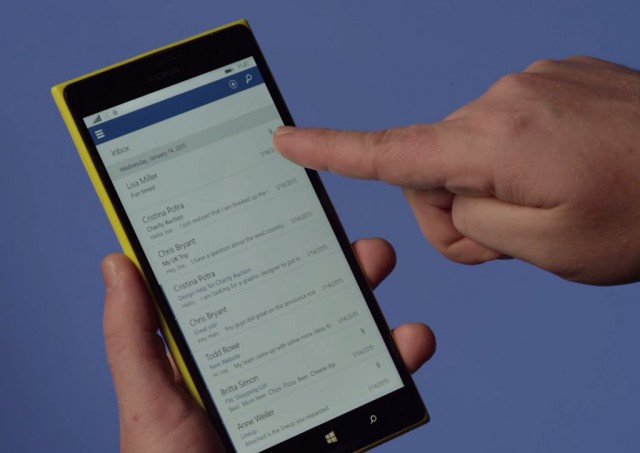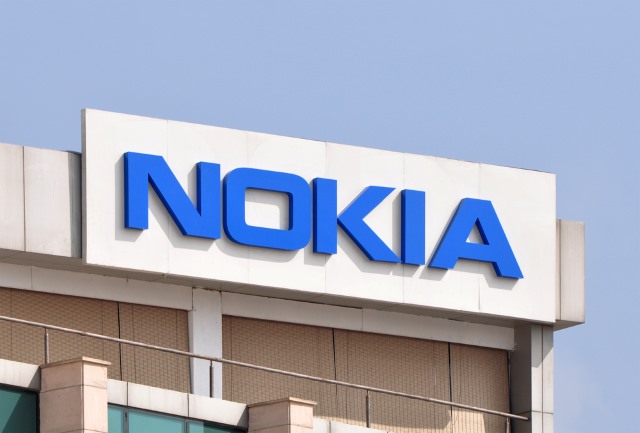
Nokia has agreed to a deal with a consortium of German car manufacturers for the sale of Here Maps, for $2.71 billion (£1.73 billion). The deal would see Here Maps turn into an open platform, which all car manufacturers can use for navigation and mapping inside vehicles.
Volkswagen (Audi’s parent company), Daimler (Mercedes-Benz parent company) and BMW are the main buyers. The three German manufacturers managed to worm their way out of paying upwards of $4 billion (£2.56 billion), which is what Nokia was apparently looking for when all of the interest started surging on Here Maps.
Sadly, Nokia failed to convince Uber, Baidu, Alibaba, Facebook and other tech companies to stick around. Uber and Baidu even looked at a split investment in Here Maps, with Uber calling in banks to help fund the bid, but it wasn’t enough.
We’re not sure if that is incompetence on Nokia’s side, not realizing the importance of Uber’s bid and how valuable Here Maps was, or if it wanted to side with the German consortium from the start.
Either way, the consortium is the only bidder left. It plans to offer Fiat Chrysler, Renault, Peugeot, Ford, Toyota and General Motors in on the deal, allowing them to use the mapping service for free without licensing issues.
This is a much easier solution for car manufacturers, who have to pay for mapping software installments inside cars. Having this license cost removed, while maintaining a strong mapping and navigation platform, could save the car companies quite a bit per year.
Nokia is selling the entire unit of Here Maps, meaning the car consortium will likely continue hiring developers to work on the platform. Keeping it maintained is necessary, although the goal of the open platform is to remove all costs currently associated with Here Maps.
We are not sure how open the platform will be to outsiders, like Baidu. The Chinese search giant currently uses Here Maps to power Baidu Maps outside of China, and Facebook recently switched to Here Maps to power its own mapping services.
Nokia has lost quite a lot of money on mapping, originally acquiring Navteq for $8.1 billion (£5.2 billion) in 2008. It has lost most of its value since then, only recently starting to compete with Google and Apple.
Published under license from ITProPortal.com, a Net Communities Ltd Publication. All rights reserved.
Photo credit: Joe Ravi / Shutterstock



